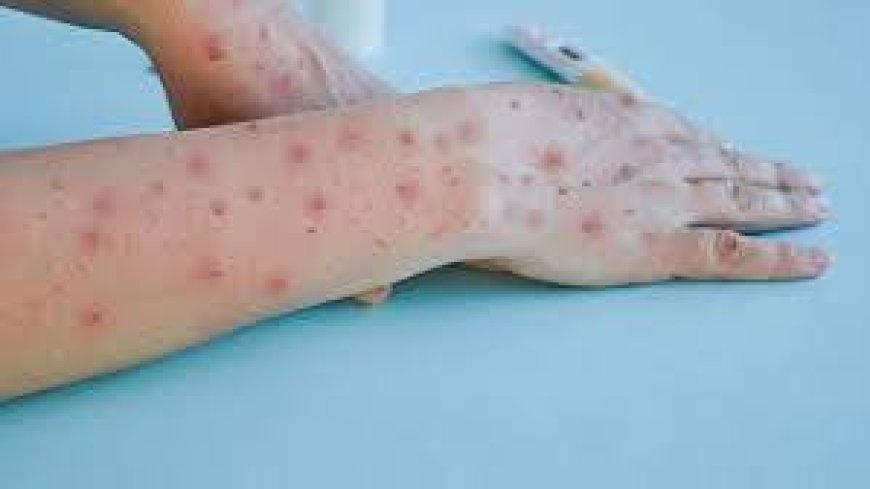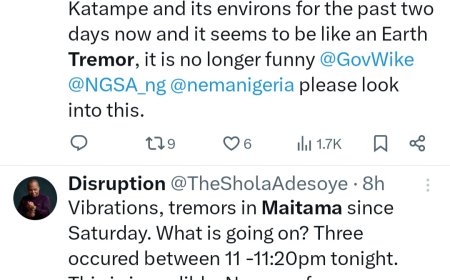Mpox: A Global Health Challenge

Introduction
Mpox, a viral illness related to smallpox, has emerged as a significant global health concern in recent years. While historically confined to Central and West Africa, the virus has experienced a resurgence, spreading to various regions worldwide. This essay will delve into the key aspects of the mpox outbreak, including its transmission, symptoms, treatment, prevention, and the challenges it poses to public health.
Transmission and Symptoms
Mpox is primarily transmitted through close contact with an infected person or animal. This can occur through direct contact with a rash, respiratory droplets, or contaminated materials. The virus can also be transmitted through sexual activity.

Symptoms of mpox typically appear within two to three weeks after exposure. They often include:
* Fever
* Headache
* Muscle aches
* Backache
* Fatigue
* Swollen lymph nodes
* Rash
The rash begins as small, flat, red spots that may develop into blisters. These blisters can fill with pus before crusting over. The rash usually appears on the face, hands, feet, chest, and abdomen.
Treatment and Prevention
While there is no specific treatment for mpox, supportive care can help manage symptoms. This may include medications for fever, pain, and itching. In severe cases, antiviral medications may be considered.
Prevention is crucial in combating the spread of mpox. Vaccination is a key strategy. The smallpox vaccine, which is highly effective against mpox, has been used in some countries to control outbreaks. However, its availability and accessibility can vary.

Other preventive measures include:
* Avoiding close contact with infected individuals
* Practicing good hygiene, such as washing hands frequently
* Using condoms during sexual activity
* Isolating infected individuals to prevent further transmission
Global Impact and Challenges
The mpox outbreak has had a significant global impact. It has strained healthcare systems, disrupted economies, and raised concerns about equity in access to healthcare. In some regions, the outbreak has disproportionately affected marginalized communities, including LGBTQ+ individuals and people living with HIV/AIDS.

Several challenges have hindered efforts to contain the mpox outbreak. These include:
* Limited access to vaccines and treatments in many parts of the world
* Stigma and discrimination associated with the virus
* The emergence of new variants with different characteristics
* The complex interplay between mpox and other infectious diseases, such as HIV/AIDS
Conclusion:
Mpox remains a global health challenge that requires a coordinated and comprehensive response. While progress has been made in understanding and addressing the outbreak, ongoing efforts are needed to develop effective vaccines, treatments, and prevention strategies. International cooperation, equitable access to healthcare, and public education are essential for mitigating the impact of mpox and preventing future outbreaks. As the virus continues to evolve, it is imperative to remain vigilant and adapt our response accordingly.
What's Your Reaction?












































![Meet the Contestants of The Next Big Thing [TNBT]](https://flashupdates.com.ng/uploads/images/202508/image_430x256_688e0cb7c6806.jpg)























